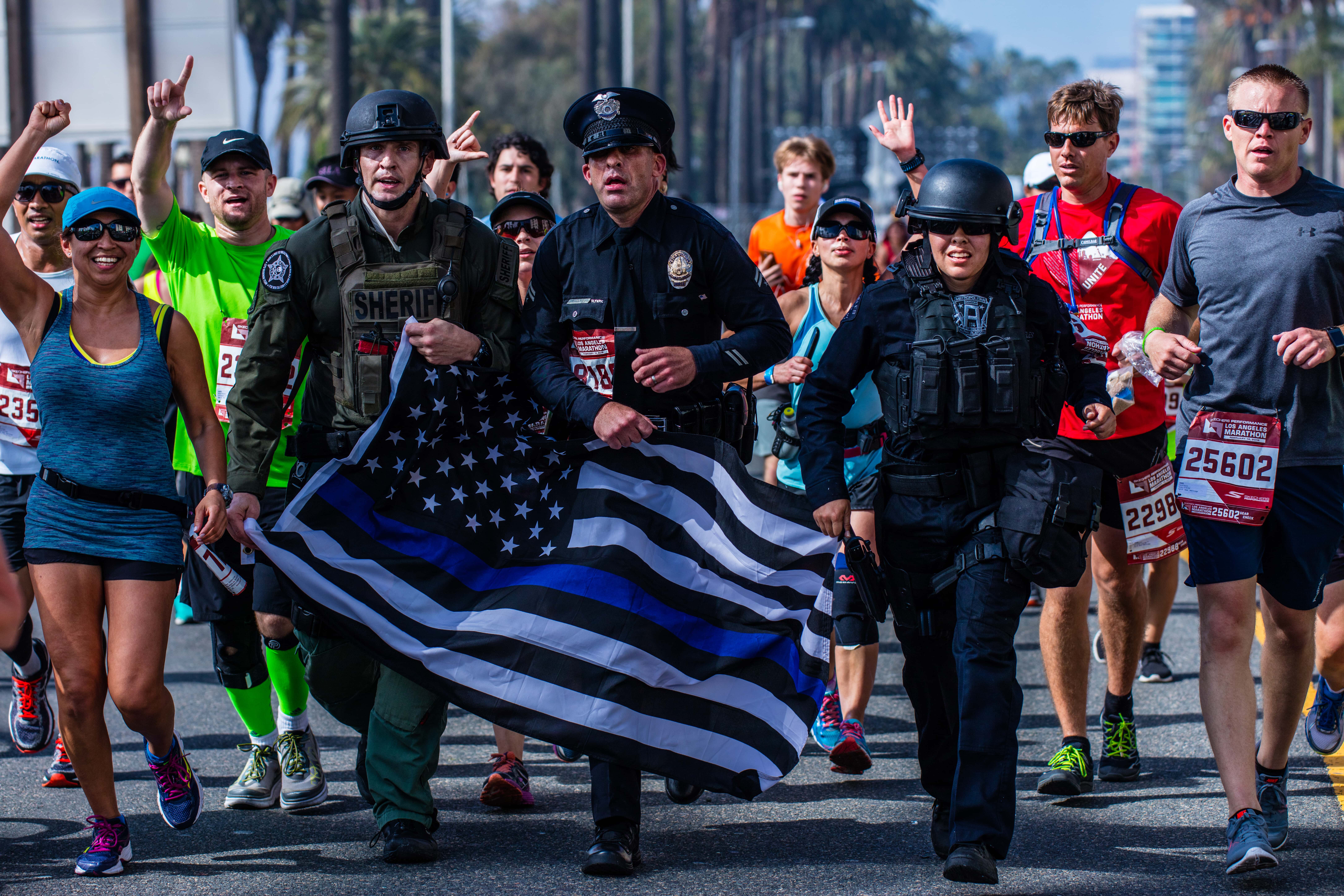Earlier this week Los Angeles Police Protective League President Craig Lally criticized the Los Angeles Police Commission’s decision that the actions of one of the officers involved in the Ezell Ford case were not in policy. In making these comments, Lally said that Ford was a “known gang member.” This comment gained attention in media coverage
Today the LAPPL referenced public information of Ezell Ford’s arrest record for marijuana possession and trafficking in 2008. This arrest had previously been reported by the Los Angeles Times in an article published on January 16, 2015. That article noted – and is clear on the arrest incident record released today by the LAPPL – that the LAPD considered Ford to be a member of the “66 St. East Coast Crips” with the gang moniker “Lil Easy.”
A Times report from January 14, 2015 points out that shortly after his release from jail on the marijuana charge, Ford was shot in the leg during an altercation between the East Coast Crips and the Grape Street Crips, further indication that he was involved in gang activity and stated plainly in an opinion issued by the unpublished appellate case of People v. Colvin.
The arrest report demonstrates that Ford was known to be a gang member and a potential danger to officers and civilians. In high-crime areas like Ford’s 66th Street neighborhood, police officers’ jobs are even more difficult. Areas terrorized by gang violence create unique risks and officers must address any suspicious behavior before the situation spirals out of control. Citizens living in a gang area are entitled to protection. On August 11 when Ford grabbed for one of the officer’s weapons, as indisputable evidence proves, he immediately escalated the situation, leading to his own demise. Ford was no stranger to guns, according to a KPCC 89.3 radio report stating that in 2007, Ford was arrested by sheriff’s deputies for possession of marijuana with intent to sell and for carrying a loaded firearm. He received a 90 day jail sentence according to the article.
These are all cold hard facts that the Commission should have been aware of when they were studying the case. The decision reached by the Commission and the faulty reasoning behind it was irresponsible and has the potential to put the officers who protect this city at risk, by signaling to criminals that it’s OK to grab an officer’s weapon in some situations. Interestingly, this determination was made by a Commission with absolutely zero background in law enforcement or significant experience in dealing with public safety related issues. They have no basis for their claims.
Perhaps this lack of knowledge is why, when Police Commissioner Madison spoke to NBC4’s Conan Nolan she took to racial tones, attempting to equate a perceived change in a law regarding a U.S. Supreme Court Case to “slavery” or “women’s voting rights.” This is extremely disturbing and downright offensive. Obviously, she would agree that it is not the officer’s fault that while he was struggling over his weapon he was not African American or female. Regardless of any circumstances, reaching for and taking an officer’s weapon is never, ever the right thing to do and officers must retain the right to protect themselves and the citizens around them when that happens.
The real oppression occurs when a community is heavily saturated with gang activity and that oppression comes from the gang’s criminal activity, not from law enforcement. Open narcotics sales and use, juveniles exposed to narcotics and other crime, drive by shootings, and retaliation afflicted on citizens who protest against the criminal activity, are the result. Lack of support of those officers who risk their lives by confronting gang activity will only result in less enforcement and a continued increase in crime.
We invite you to share your thoughts by leaving a comment below.











